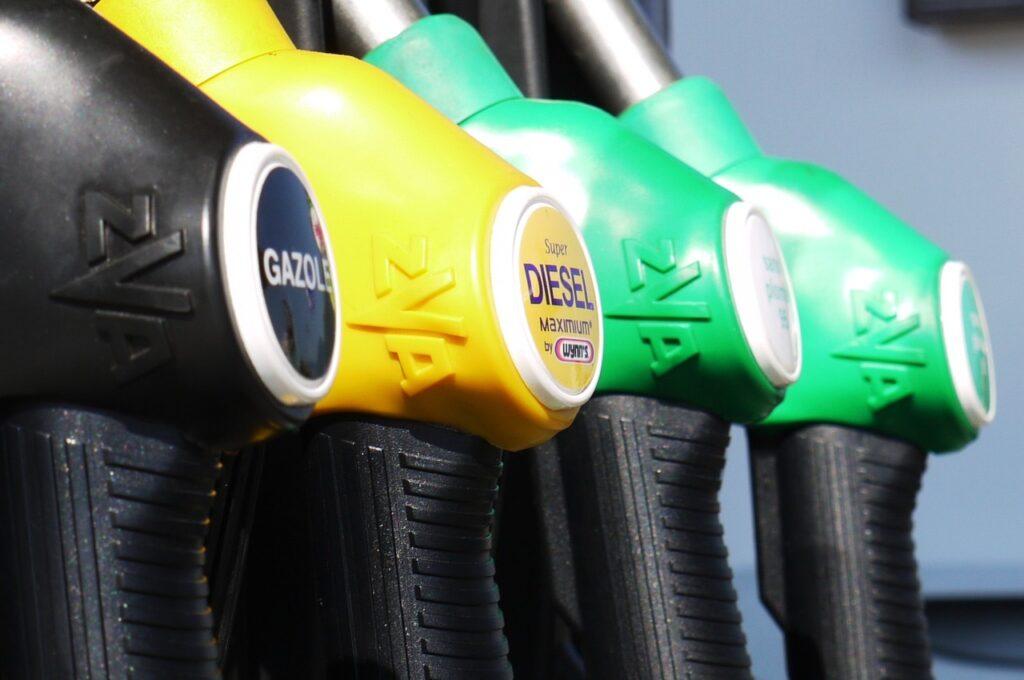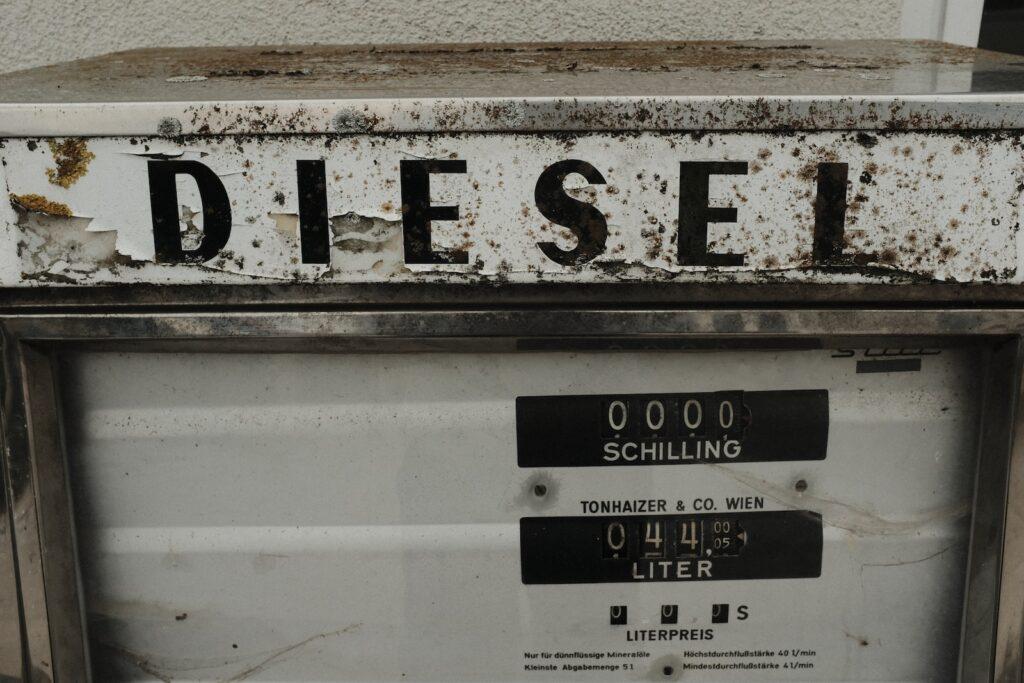Best Diesel Heater For Boat
Maybe you’ve been wrapping yourself in every piece of clothing you own, just to stave off the cold of a chilly anchorage night. I feel you. Trust me, even the most stunning sea view can lose its charm when your teeth are chattering.
Enter the diesel heater: your warm, comforting ally against the frosty assaults of the open water. Now, I know you’re thinking, “Which one is the best for my boat?” Because let’s be real, no one wants to be stuck with a second-rate piece of equipment when you’re miles away from the nearest hardware store.
Best Diesel Heaters For Boat
When choosing a diesel heater for your boat, consider factors such as the size of your boat, heating capacity needed, fuel efficiency, noise level, ease of installation, and compatibility with your boat’s electrical system. It’s also recommended to consult with a professional or experienced boaters to determine the best option for your specific needs and boat setup.
- Webasto Air Top 2000 STC: This one tops the charts for reliability and efficiency. It’s compact, fuel-efficient, and works silently to keep your cabin warm. Webasto’s reputation in the marine industry is unparalleled, and with good reason. The Air Top 2000 STC is perfect for small to medium-sized boats.
- Espar D2 Airtronic: Another hot pick (pun intended!) for your heating needs. Espar’s D2 Airtronic offers rapid warm-up times and works great in even the coldest conditions. It’s a bit pricier, but the investment pays off in its high-quality performance and durability.
- Planar 44D-12: Budget-friendly and efficient, Planar’s 44D-12 is a diesel air heater that’s got everything you need. It operates quietly and is simple to install. A fantastic option if you’re watching your wallet.
- Dickinson Marine Newport P9000: This one’s a cabin heater that uses diesel or kerosene. It’s a great choice for boats up to 30′. Not only does it provide excellent heating, but its sleek design will give your cabin a cozy, traditional feel.
Tip: Whichever model you choose, make sure it fits your space, power requirements, and budget. And remember, having a warm boat means more than just comfort — it’s about safety, too. Hypothermia can sneak up on you in cold, wet conditions, even if you’re a tough-as-nails sailor.
How to Find Best Diesel Heater for Boat
The best diesel heaters for boats depend on the size and type of boat, as well as its intended use. A few of the top-rated diesel heaters for boats are Webasto Air Top 2000 STC, Eberspächer D3WZ, and Wallas 30DT. These heaters are reliable, efficient, and provide a comfortable environment for both the boat and its occupants. They are also easy to install and maintain, making them ideal for a variety of boat owners.
- Assess Your Needs: Size of your boat, climate, and frequency of use. A weekend sailor in mild weather has different needs than a full-time liveaboard in frigid waters.
- Budget: Decide how much you’re willing to spend. Remember, a diesel heater is an investment in comfort and safety.
- Power Output: Check the heater’s BTU rating. Higher BTUs mean more heat, but make sure it’s suitable for your boat’s size to avoid overheating.
- Fuel Efficiency: A more fuel-efficient heater can save you money in the long run, even if it costs a bit more upfront.
- Noise Level: Some heaters are quieter than others. If you value your peace and quiet, this might be a major consideration.
- Installation: Some heaters are easier to install than others. If you’re DIY-ing, check the complexity of installation.
- Brand Reputation: Opt for brands known for their quality and customer service. User reviews are a good way to gauge this.
- Maintenance: Look for heaters that are known for their durability and are easy to service.
There are a variety of other options available on the market. Many of these heaters are designed specifically for marine applications, and come with features such as water-resistant housings, corrosion-resistant components, and specially designed fuel tanks. Some are even equipped with temperature sensors, enabling them to maintain a comfortable temperature even when the boat is in motion.
What to Consider When Buying a Diesel Heater
It is important to determine the size of the space you wish to heat and the amount of fuel that will be needed to heat it. The type of fuel you choose should match the type of heater you are looking for. There are many different types of diesel fuel available, so it is important to ensure that you are selecting the correct one for your heating needs. You should make sure that the heater is sized correctly for your space. It is important to consider the cost of the heater, as well as any additional parts or accessories that may be necessary for installation.
Heating Capacity: Determine the heating capacity you need based on the size of your boat and the desired level of comfort. Make sure the heater is capable of providing sufficient heat for your boat’s cabin or interior space.
Fuel Efficiency: Look for a diesel heater that offers good fuel efficiency. This will help you save on fuel costs and ensure longer running times without the need for frequent refueling.
Size and Installation: Consider the size and dimensions of the diesel heater to ensure it fits properly in your boat’s designated installation area. Check if it requires any specific mounting or ventilation requirements.
Noise Level: Diesel heaters can produce noise during operation. Look for models that offer quiet operation or have noise-reducing features to minimize any disturbance while on board.
Controls and Settings: Consider the user interface and controls of the diesel heater. Look for models with user-friendly controls and settings that allow you to easily adjust temperature, fan speed, and other settings.
Safety Features: Ensure that the diesel heater has built-in safety features such as overheat protection, flame-out detection, and automatic shutdown in case of fuel or electrical issues. These features are essential for safe and reliable operation.
Compatibility: Check if the diesel heater is compatible with your boat’s electrical system and fuel supply. Ensure that it meets the necessary voltage requirements and can be easily integrated into your boat’s existing setup.
Brand and Warranty: Consider reputable brands that are known for manufacturing high-quality marine diesel heaters. Check the warranty offered by the manufacturer to ensure peace of mind and support in case of any issues.
When it comes to buying the best diesel heater for your boat, there are a few key factors to consider. Here’s what you should look for:
Types of Diesel Heaters for Boats
When it comes to choosing the best diesel heater for your boat, you’ll need to decide which type is right for you. Here are the types of diesel heaters available:
- Forced Air Heaters: These are the popular kids on the block. Forced air heaters work by combusting diesel to heat air, which is then pushed out into your space by a fan. They’re efficient, compact, and offer quick and powerful heating. Examples include the Webasto Air Top series or Espar D2 Airtronic.
- Hydronic Heaters: These are the ‘central heating’ of the boat world. They heat a coolant mixture that’s then circulated to heat exchangers placed around the boat, providing a slow, steady, and silent heat. They also have the added benefit of being able to heat domestic hot water. Look at the Webasto Thermo series for an idea of what’s available.
- Bulkhead-Mounted Heaters: These are small, vented heaters that are mounted on the interior walls (bulkheads) of the boat. They’re more straightforward in design and operation but don’t offer the same power or efficiency as forced air or hydronic heaters. Dickinson is a well-known manufacturer of these types of heaters.
There are several types of diesel heaters available, including forced air heaters, radiant heaters, and combustion heaters. Forced air heaters use a fan to blow heated air into a space, while radiant heaters use infrared radiation to heat the area directly. Combustion heaters are the most efficient type of diesel heater, as they directly burn the diesel fuel to generate heat. All diesel heaters require a venting system to safely vent the exhaust outside.

Installation Considerations
Once you’ve chosen the best diesel heater for your boat, it’s time to install it. Here are some things to consider when installing your diesel heater:
Ventilation
Make sure you have adequate ventilation for your diesel heater, as this will ensure it operates safely and efficiently. Take the time to measure the area where you plan to install your heater and ensure that it has enough space for adequate ventilation.
Fuel Line
If you’re installing a direct vent heater, you’ll need to install a fuel line in order to operate it. Make sure you use the right type of fuel line for your heater and have it professionally installed to ensure it is safe.
Electrical Connections
If you’re installing a diesel heater that requires electricity, you’ll need to make sure the electrical connections are properly installed. It’s best to have a professional electrician install the electrical connections to ensure they meet local codes and are safe.
Maintenance Tips
Once your diesel heater is installed, it’s important to keep it well maintained. Here are some tips for keeping your diesel heater in tip-top shape:
Regular Cleaning
It’s important to clean your diesel heater regularly. Make sure you clean the air filters and check the fuel lines for leaks.
Regular Servicing
Have your diesel heater serviced regularly to ensure it’s operating correctly. A professional technician can inspect your heater and make any necessary repairs or adjustments.
Regular Refueling
Make sure you refuel your diesel heater on a regular basis to ensure it’s always running efficiently. This will also help you reduce fuel costs.
FAQs
Which is the most fuel-efficient diesel heater for a boat?
Forced air heaters like the Webasto Air Top series or Espar D2 Airtronic are pretty fuel-efficient. They utilize diesel fuel directly from your boat’s fuel tank and can run for hours without consuming too much.
Can I install a diesel heater on my boat myself?
While many diesel heaters come with DIY installation kits and manuals, if you’re not mechanically inclined, it might be a bit of a challenge. The installation involves making connections to your boat’s fuel system and electrical system, and potentially drilling holes in your boat’s structure.
How do I maintain my boat’s diesel heater?
Maintenance for diesel heaters usually involves regular cleaning, especially the combustion chamber, and periodic checks of the fuel line, exhaust pipe, and electrical connections. Always refer to your heater’s manual for specific maintenance instructions. Regular maintenance will keep your heater efficient, safe, and extend its life.
Conclusion
A diesel heater is a great way to keep your boat warm and comfortable during the colder months. But, it’s important to make sure you choose the best diesel heater for your boat. Consider the size, fuel efficiency, and safety features of the heater you’re considering, and make sure you have it professionally installed. Most importantly, make sure you keep your diesel heater well maintained to ensure it’s always running efficiently. With these tips, you can be sure to find the best diesel heater for your boat.

